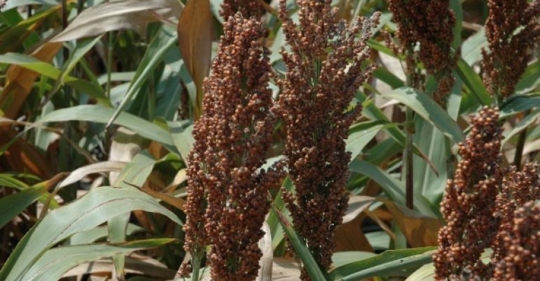Explore our blog featuring articles about farming and irrigation tips and tricks!
Transferring Sorghum’s Weed-killing Power To Rice

By: Southeast FarmPress
Agricultural Research Service (ARS) scientists have transferred a biochemical pathway found in sorghum, which produces a weed-killing compound, into rice plants.
The compound, sorgoleone, secreted by sorghum, helps the plant combat weeds. It works so well that some other crops struggle to grow in fields where sorghum has been raised, causing problems for growers who want to rotate different crops in those fields.
Scientists at ARS’s Natural Product Utilization Research Unit (NPURU) in Oxford, Mississippi, are investigating whether sorghum’s weed-inhibiting properties can be transferred to other crops like rice and used as a bioherbicide. Producing sorgoleone in other crops would potentially give those plants the ability to fight weeds and reduce reliance on synthetic herbicides, says NPURU molecular biologist Scott Baerson.
Stay up to date on all T-L news and get alerts on special pricing!


